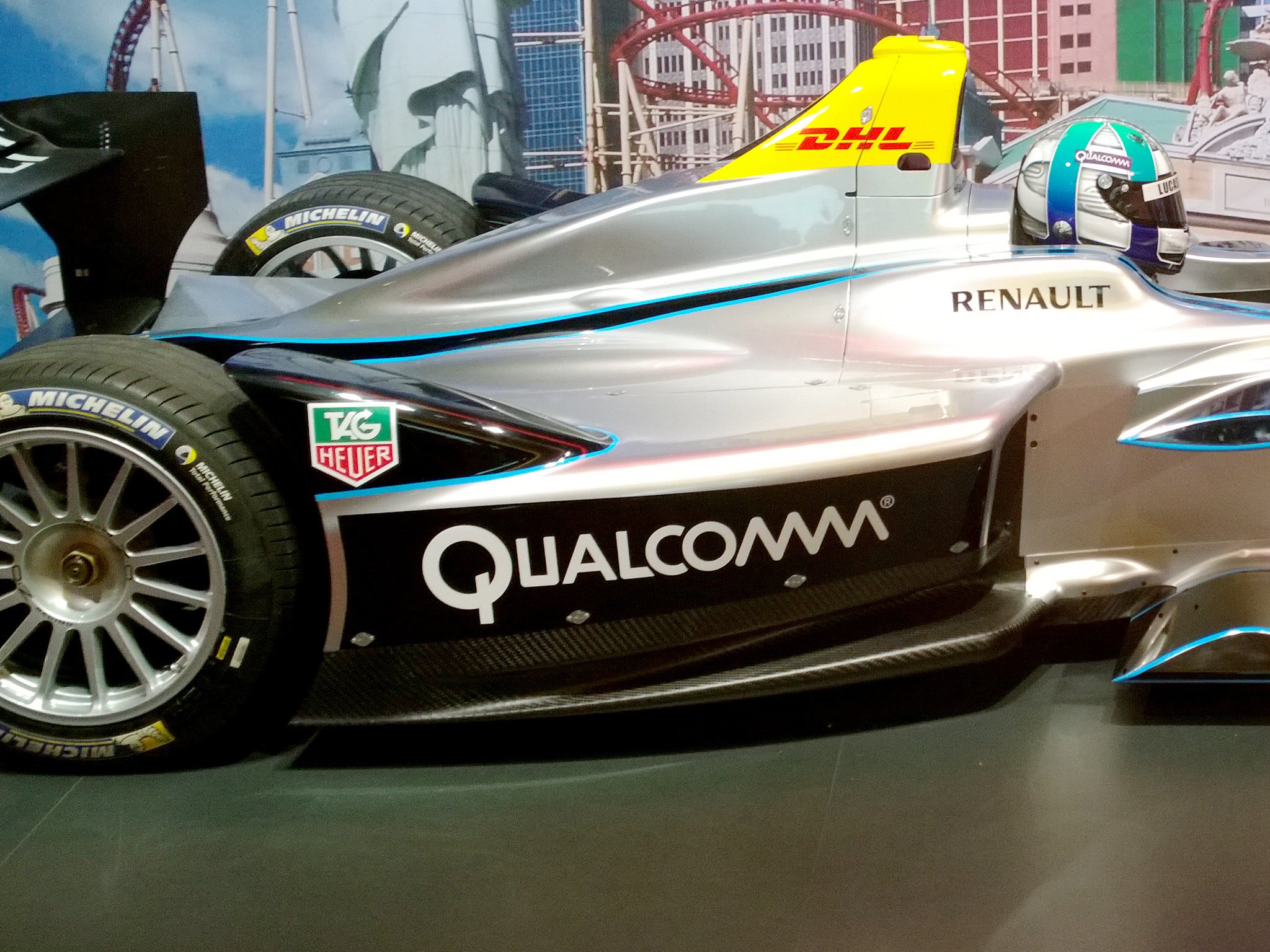Qualcomm to begin mass production of Snapdragon 615, Snapdragon 810/808 coming later this year

Qualcomm has announced that it will start mass production of its eight-core SoC, the Snapdragon 615, soon. At an event held in Shenzhen, China, Qualcomm revealed that the Snapdragon 810/808 would also be available before the end of 2014.
The Snapdragon 615 will target the mid-range smartphone segment, while the 64-bit-enabled Snapdragon 810- and 808-series CPUs are designated for high-end smartphones, supporting 4G technology.
The Snapdragon 615 is an eight-core 64-bit SoC that is produced on a 28-nm manufacturing process at TSMC. Armed with eight Cortex A53 cores, the Snapdragon 615 delivers LTE Category 4 connectivity through a Gobi 9x25 series modem.
Although Qualcomm has been wary of launching eight-core offerings in the past, it has relented with the Snapdragon 615 due to pressure from Chinese OEMs. The mid-range Snapdragon 615 is offered as an alternative to MediaTek's upcoming MT6752, which also uses an eight-core Cortex A53 arrangement. By offering stock ARM cores instead of its tweaked Krait line of CPUs, Qualcomm can contest in the mid-range segment more effectively against the likes of MediaTek.
While the Snapdragon 615 caters to the mid-range segment, the 64-bit Snapdragon 810 and Snapdragon 808 will be targeting the high-end market. Announced last month, both SoCs will be manufactured at TSMC on a 20-nm manufacturing process, and will feature a Gobi 9x35 series LTE Category 6/7 modem that can deliver a bandwidth of 300 Mbit/sec. Originally slated to launch next year, the revised timeline for the Snapdragon 810/808 is likely a result of added competition in the mobile SoC segment.
The Snapdragon 810 is an eight-core offering with four Cortex A57 cores and four Cortex A53 cores, while the Snapdragon 808 is a hexa-core SoC that features two Cortex A57 cores and four Cortex A53 cores. Both SoCs would be able to utilize all cores through heterogeneous multi-processing (also known as ARM's big.LITTLE architecture).
Source: Digitimes
Get the Windows Central Newsletter
All the latest news, reviews, and guides for Windows and Xbox diehards.

Harish Jonnalagadda is a Senior Editor overseeing Asia for Android Central, Windows Central's sister site. When not reviewing phones, he's testing PC hardware, including video cards, motherboards, gaming accessories, and keyboards.